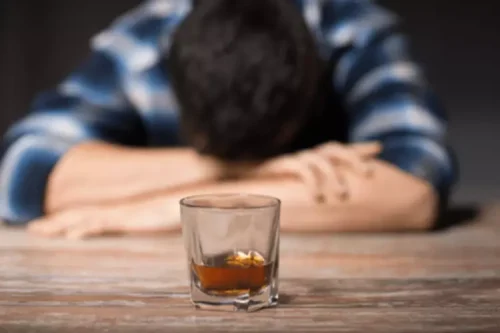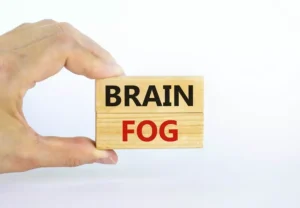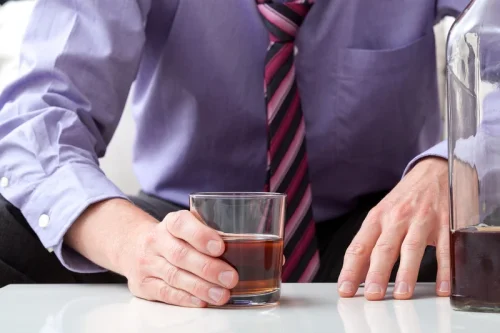Family Addiction Guide: Supporting Loved Ones Through Recovery

However, this work is vital to the mental health of everyone involved, so meetings should be attended whenever possible. These statistics represent millions of people struggling with substance misuse and addiction, and nearly all of these people have family members and friends rooting for their eventual recovery. Families play a large role in the recovery process, so it is important for spouses, siblings, parents, children, friends and others to understand how to help. You can even go to counseling clinics for referrals to therapists specializing in treating families of substance abusers.
- Neuroscientist Adi Jaffe, Ph.D., who himself recovered from addiction, outlines five steps.
- Learning what one’s triggers are and acquiring an array of techniques for dealing with them should be essential components of any recovery program.
- When a person enters addiction treatment and the family embarks on the recovery journey, the sense of hope everyone feels can be exciting.
- Involving children in your treatment gives both you and your child(ren) a safe environment in which you can have the chance to talk about the challenges and trauma brought on by the addiction.
- Moreover, addiction brings about financial and practical burdens, with families facing increased expenses for treatment, legal issues, and potential loss of income.
- Alcoholism is a serious mental health challenge that can have devastating effects on your friends and family members if left untreated.
Professional Family Screening

A similar option, but with a thin evidence base, is family recovery programs that convene groups of affected family members to explore family change and wellness processes (Buckley-Walker et al., 2017; Toumbourou & Bamberg, 2008). And there is clearly a market for, but scant research on, DTC resources designed to improve parenting habits as a facet of SUD recovery management (see Becker et al., 2017). Recent surveys conducted in outpatient (Ryan-Pettes et al., 2019) and justice settings (Folk et al., 2020) found that most caregivers desired ongoing DTC support on parenting during aftercare. https://ecosoberhouse.com/ plays a vital role in fostering lasting change and healing. The unwavering presence and active involvement of loved ones can provide the necessary foundation for individuals on their journey to sobriety. From creating a supportive and understanding environment to offering emotional support, establishing healthy boundaries, and promoting open communication, families become invaluable partners in the recovery process.
Finding Support Groups for Families

This process is both universal and unique to each family and will shape the mood and behaviors of everyone in that family. The system as a whole will adjust to each action by each member to try and maintain “homeostasis” to keep the family unit safe (SAMHSA, 2020). When a member of the family struggles with addiction, the family is in crisis and adjusts to help stabilize the unit as a whole and for each member. Families often give everything of themselves to help get a loved one into treatment. There can be, however, a mix of relief and fear when that loved one actually admits to treatment.
References and Relevant Resources
Our online and in-person meetings are run by trained facilitators who often have their own experiences as a family member affected by a loved one’s relationship with alcohol, drugs, gambling or other problematic behaviors. Mothers, fathers, sons, daughters, nieces, nephews, and cousins discuss their challenges with a loved one’s substance abuse. family support in addiction recovery Like other 12-Step groups, Al-Anon members use spiritual themes to encourage acceptance and compassion. Family members can assume healthy roles and behaviors to encourage and support recovery. For example, a parent may play the role of the supportive but firm caregiver who encourages their loved one to take thoughtful and positive action.
- We are committed to empowering lives and creating change through personalized recovery plans that address the physical, emotional, and psychological aspects of drug and alcohol addiction.
- Health care providers may recommend behavioral therapies alone or in combination with medications.
- You may also have developed some unhealthy ways of adjusting to the changes addiction has created in your life.
- Through these actions, families can become an invaluable source of strength and stability, making a significant impact on the success of the recovery journey.
Treatment Engagement
Educating Families about Substance Abuse

Alternative recovery programs
